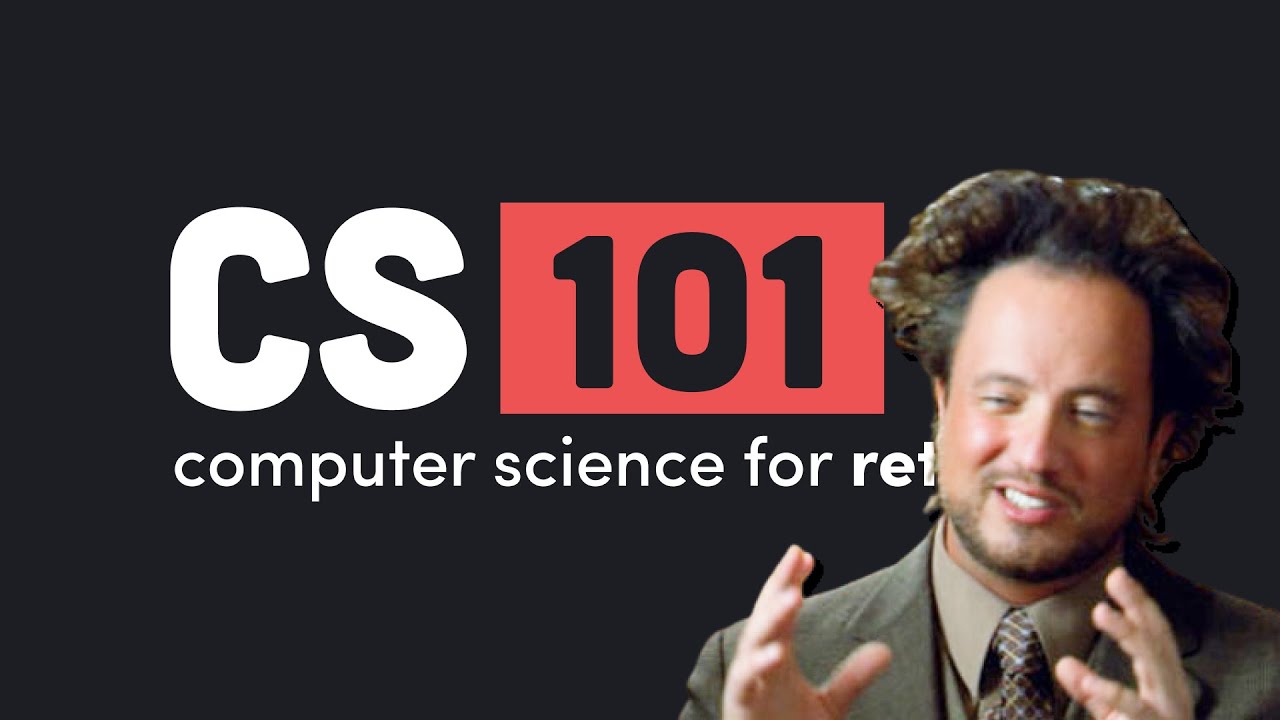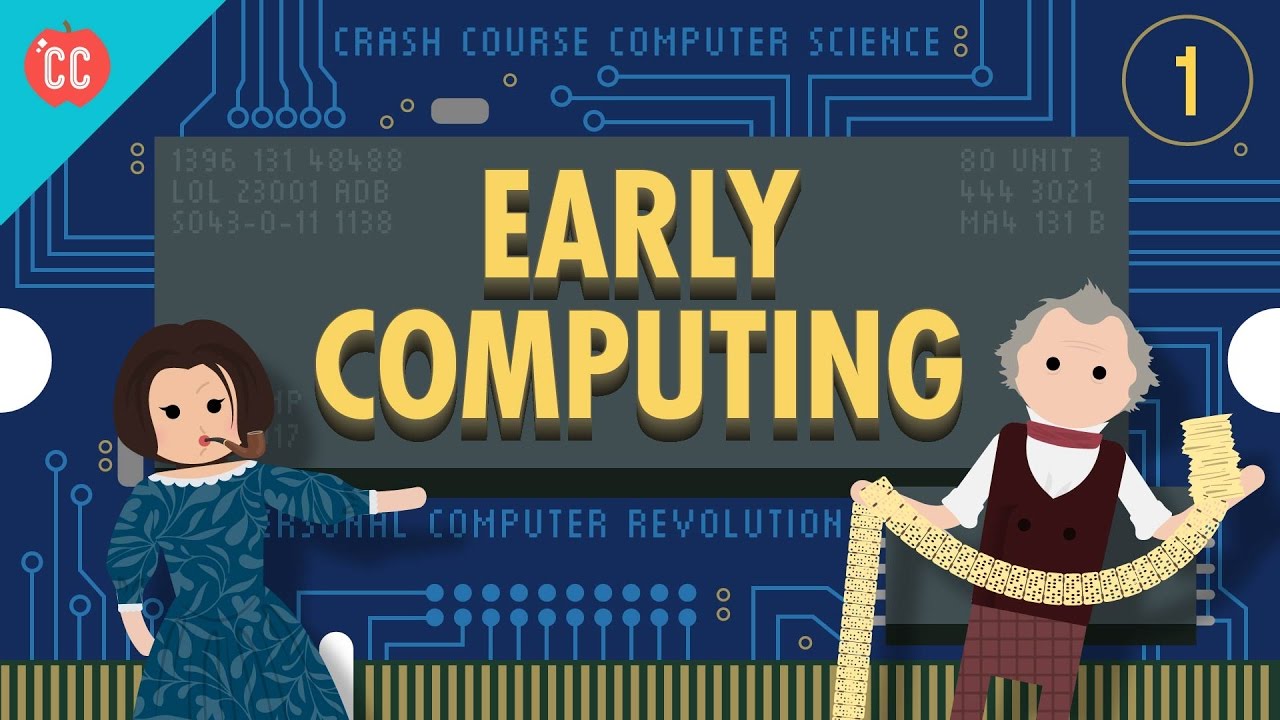In today’s fast-paced world, computer science serves as the cornerstone of technological innovation. It’s not just about what happens on our screens; it’s about understanding the principles of computation that shape every aspect of our modern lives. By exploring computer science, we unlock doors to numerous fields, providing insight into how technology impacts everything from healthcare to philosophy. Let’s delve into how this fascinating discipline intertwines with various domains to drive the future.

How Computer Science Integrates with Other Disciplines

Physiology: The Tech Behind Health Monitoring
The collaboration between computer science and physiology has paved the way for life-saving technologies. Wearable health devices like the Fitbit and Apple Watch utilize intricate algorithms to keep track of our heart rates, sleep patterns, and other critical metrics. By analyzing the data collected through these devices, researchers employ machine learning techniques to build predictive models that aid clinicians in identifying health risks, revolutionizing personal health management in the process.
Imagine receiving an alert that could potentially save your life! That’s the power of technology when paired with physiological insights. By harnessing big data, these innovations not only improve individual health outcomes but also provide valuable insights into public health trends.
Calculus: The Backbone of Algorithms
Mathematics, particularly calculus, plays a crucial role in the development of algorithms employed in computer science. Calculus allows us to work with continuous change — essential for designing real-time processing systems. Companies like Google effectively use calculus to develop complex algorithms that determine page ranking, making it easier for users to find relevant information quickly.
This application stretches beyond search engines. Anywhere you see real-time data analysis—be it predicting stock prices or optimizing delivery routes—calculus remains at the heart of these advancements. So, the next time you search something on the internet, remember that a bit of calculus is working behind the scenes!
Chemistry: Simulations and Computational Chemistry
The field of chemistry has experienced a significant metamorphosis thanks to computer science. Through computational modeling platforms like ChemAxon, chemists can simulate molecular interactions, profoundly enhancing drug discovery processes. For instance, during the pandemic, researchers raced to find treatments for COVID-19, utilizing ML techniques to identify potential drug candidates quickly.
These simulations reduce the time and costs associated with experimental run-throughs, pushing the boundaries of what’s possible in scientific research. Thus, the marriage of computer science and chemistry not only expedites innovation but also strengthens our ability to respond to global challenges.
Civil Engineering: Smart Infrastructure
As urban areas grapple with population surges and climate change, civil engineering increasingly turns to computer science for solutions. Technologies such as Building Information Modeling (BIM) and Geographic Information Systems (GIS) have revolutionized infrastructure design. Companies like Autodesk provide software that allows engineers to create resilient structures capable of handling extreme weather.
The integration of these technologies enhances planning accuracy and ensures that infrastructure is adaptable. With smart city initiatives on the rise, the collaboration between computer science and engineering will play a pivotal role in shaping sustainable urban environments.
Sociology: Analyzing Social Trends through Data
In the study of sociology, computer science transforms the way we analyze societal trends and behaviors. Through big data analytics, sociologists can sift through vast datasets to glean insights that inform social policies. For instance, social media platforms like Facebook leverage complex algorithms to analyze user engagement and voting behaviors.
By understanding these dynamics, researchers can uncover patterns that inform decisions on pressing social issues. This fusion of sociology and computer science means we’re now better equipped to tackle the challenges facing societies today.
Philosophy: Ethical Implications of Artificial Intelligence
The intersection of computer science and philosophy raises profound questions about ethics, especially regarding artificial intelligence (AI). As technologies like autonomous vehicles and facial recognition systems grow more advanced, there’s a pressing need for a moral framework to guide their use. Institutions, such as MIT, are at the forefront of this exploration, sparking discussions critical to responsible tech development.
This fusion challenges us to balance innovation with ethical considerations, ensuring that as we advance, we do so responsibly and thoughtfully. It’s about asking not just “Can we?” but “Should we?”
Psychology: Enhancing User Interaction with Technology
Computer science has significantly impacted psychology, particularly through user interface (UI) and user experience (UX) design. Companies like Adobe effectively utilize psychographic data to create software that resonates deeply with users. This focus on user behavior in design leads to tools that streamline tasks and enhance satisfaction.
In a world where connectivity is constant, these advancements play a crucial role in mental health treatments. For instance, technologies like augmented reality are being used to simulate environments for therapeutic practices, demonstrating how computer science directly influences psychological solutions.

The Future of Computer Science: Shaping Tomorrow’s Technologies
As we look to the future, the role of computer science in defining technological landscapes continues to grow. Emerging fields like quantum computing promise breakthroughs in information processing, potentially revolutionizing industries by dramatically increasing efficiency and speed.
Education will play a vital role in this landscape. Initiatives like Code.org and various STEM programs actively promote the integration of computational thinking across diverse fields, preparing the next generation to adapt and innovate.
With a median annual wage for computer and IT occupations at $104,420, the demand for computer science skills is undeniable. From artificial intelligence engineers earning around $122,093 to data scientists commanding slightly more at $124,222, the opportunities are vast. However, navigating this landscape requires a blend of skills that encompass various disciplines, underscoring the interconnected nature of modern knowledge.

Closing Thoughts
The multidisciplinary nature of computer science isn’t just an intersection of various fields; it’s a catalyst for technological advancement. By connecting dots between physiology, calculus, chemistry, civil engineering, sociology, philosophy, and psychology, we reveal the profound impact of technology on society.
As we continue to embrace these intersections, we not only foster innovation but also empower humanity to tackle the intricate challenges of tomorrow. The tapestry of computer science showcases how, together, we can create a future that reflects the best of what technology can offer. Let’s move forward, armed with knowledge and insight, ready to embark on this journey of discovery and change!

Computer Science: Fun Trivia and Interesting Facts
The Quirky Side of Computer Science
Did you know that the earliest computer programmer was Ada Lovelace, a 19th-century mathematician? Her notes on Charles Babbage’s Analytical Engine laid the groundwork for modern computing. And speaking of modern tech, the rise of AI art has taken the digital creative landscape by storm. Artists are now utilizing advanced algorithms to produce mesmerizing imagery. This captivating blend of art and technology not only showcases the potential of computer science, but it also prompts us to rethink our definitions of creativity.
Another fun tidbit: if you’re born on November 29th, you share your birthday with a group of fascinating personalities. Individuals born on that day are often known to be driven and visionary, much like the innovative minds in computer science who’ve revolutionized various fields, from gaming to finance. For instance, how many of you have encountered Morgana from Persona 5? He’s a character designed brilliantly with the help of – you guessed it – computer science principles.
Tech Triumphs and Their Reach
What about sports? In 2024, Coco Gauff is poised to take Wimbledon by storm, showcasing the power of dedication and tech-enhanced training methods. With data analytics at the forefront of sports sciences, computer science stands as a key player in shaping athletic performance. Also, did you know that effective tech servicing is crucial for maintaining today’s software systems? Understanding what a servicing involves gives insight into how tech keeps running seamlessly in various industries.
On a more somber note, when facing tough times like the first birthday after the death of a loved one, technology has provided a way to connect and share memories through digital platforms. This fusion of emotional support and computing power highlights just how intertwined computer science is with our everyday lives. Moreover, places like Johns Hopkins are at the forefront of research, blending medicine and tech, which ultimately contributes to groundbreaking advancements in health and wellness. It’s a fascinating time to be part of the world touched by computer science!
Understanding the stock in The market has become much easier thanks to advanced algorithms that analyze trends and predictions. These insights are powered by the very principles of computer science that guide our ever-connected world. So, whether through breakthroughs in AI art or predictive analytics, computer science continues to unlock the secrets of technology, impacting every aspect of our lives.

What does computer science do?
Computer science focuses on creating and testing software and systems, utilizing mathematical models, data analysis, algorithms, and security. It digs deep into how computations work and lays down the principles that all software relies on.
Is computer science hard degree?
It’s often considered pretty tough to major in computer science because of its complex topics, strong math foundations, and the need for abstract thinking. A lot of students find the workload and concepts challenging.
Is computer science a well paying job?
When it comes to pay, computer and IT jobs are quite lucrative, with a median annual wage around $104,420. Fields like AI and data science offer even higher salaries, with data scientists making about $124,222 on average.
What is a job in computer science?
There’s a variety of jobs in the computer science field like software developer, system programmer, web developer, and network administrator. It’s a versatile degree that opens many doors!
What kind of jobs can I get with a computer science degree?
With a computer science degree, you can land roles in various sectors due to the high demand for tech skills. Many industries are on the lookout for folks who can navigate the tech landscape.
Is computer science a good career?
Computer science can be a rewarding career as it taps into tech innovations, offers good salaries, and provides numerous career paths. It’s definitely a promising field for those interested in technology.
Is computer science math heavy?
What’s interesting is that math plays a significant role in computer science, especially with algorithms and programming. So, if you enjoy solving problems numerically, you’ll fit right in!
How many students fail computer science?
Failing rates vary widely, but computer science courses are known for being challenging. Many students struggle to keep up due to the fast-paced curriculum and technical demands.
Do computer science degrees get a job easily?
Graduates often have a decent shot at finding jobs, especially if they keep their skills updated and network during their studies. The demand for tech professionals helps.
Can I make $100k with a computer science degree?
You can definitely hit that $100k mark with a computer science degree, especially if you land a role in fields like AI or data science, where salaries are above average.
Which IT job is the highest paid?
The highest-paid IT jobs usually include AI engineers and data scientists. They’re in high demand due to their skills in handling complex data and algorithms.
Does computer science require math?
Yes, you’ll need math in computer science. It’s key for understanding algorithms, data structures, and computational theories, among other things.
How many years is computer science?
Typically, a bachelor’s degree in computer science takes about four years if you’re studying full-time, requiring between 120 to 128 credits to graduate.
Do computer scientists work from home?
Many computer scientists have the flexibility to work from home, especially in software development or data analysis roles, which can often be done remotely.
What is the most wanted job in computer science?
Among the most sought-after jobs in computer science today are data scientists and AI engineers, as businesses heavily invest in these areas for competitive advantages.
What do computer science majors actually do?
Computer science majors engage in various tasks like coding, testing software, analyzing data, and solving complex computational problems, all while keeping up with tech trends.
What are the duties of computer science?
Duties can include designing software systems, conducting research in computing, analyzing data processes, and ensuring system security, which all require a mixture of technical skills.
Does computer science require math?
Math is indeed a requirement in computer science, underpinning many of the concepts you’ll encounter in your studies and work.
What do computer scientists do in a day?
On a typical day, computer scientists may write and debug code, collaborate with teams, attend meetings, and keep up with the latest technologies to refine their skillset.

















